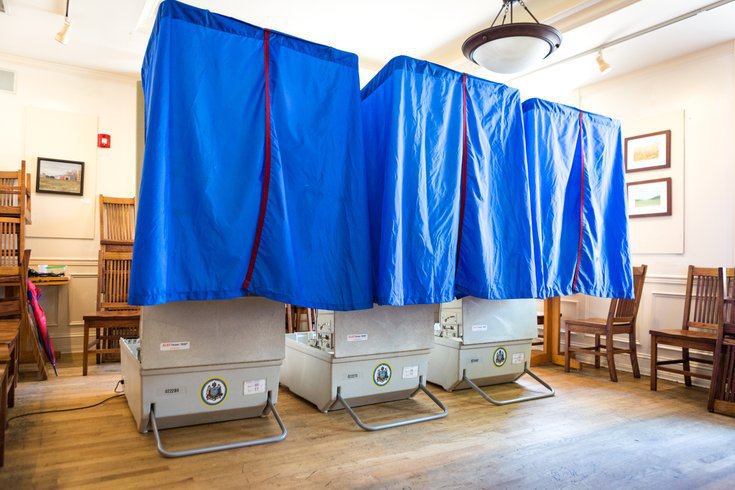
January 31, 2023
 Thom Carroll/for PhillyVoice
Thom Carroll/for PhillyVoice
Philadelphia will begin using electronic poll books during this year's primary election. The technology, designed to speed up the voter check-in process, had been delayed because of software bugs.
This year, Philadelphia voters will choose a new mayor. When they head to the polls in May's primary election, they'll see something else new: updated technology at their polling places.
After almost four years of troubleshooting, city commissioners say poll workers will begin using electronic poll books, eliminating the paper stacks of information workers have long used to check in voters.
Many states have implemented electronic poll books to provide checks and balances for human error and speed up the check-in process for voters. Over 20 states currently use the software in some capacity, and six use them statewide, Pew reports.
"I just think that the electronic poll books are going to revolutionize the way Philadelphians vote in person," City Commissioner Lisa Deeley told KYW Newsradio. "It'll streamline the process, it will be more efficient and it'll be a much better day for the board workers."
In addition to cutting down on paperwork, the new system will make it easy to check voters' polling places, and whether or not they applied for a mail-in-ballot that needs to be returned.
In 2019, election officials in Philly selected the St. Louis company KNOWiNK to provide electronic check-in and verifications. But too many troubleshooting bugs delayed the process, the Inquirer reported. City officials said they had no confidence in the software at the time and postponed using it for the impending 2019 election, abandoning the plan to use the system.
In September, ahead of the midterm elections, the city again planned to implement electronic poll books with a new system; however, there was still worry that some of the bugs found during testing would cause issues, and the plan was nixed again.
Poll workers are currently training to learn the electronic system and are being incentivized with $50. Once the process is complete, voters will be able to sign an electronic pad, rather than a paper book, before they cast their ballot.